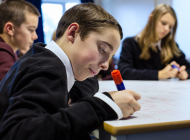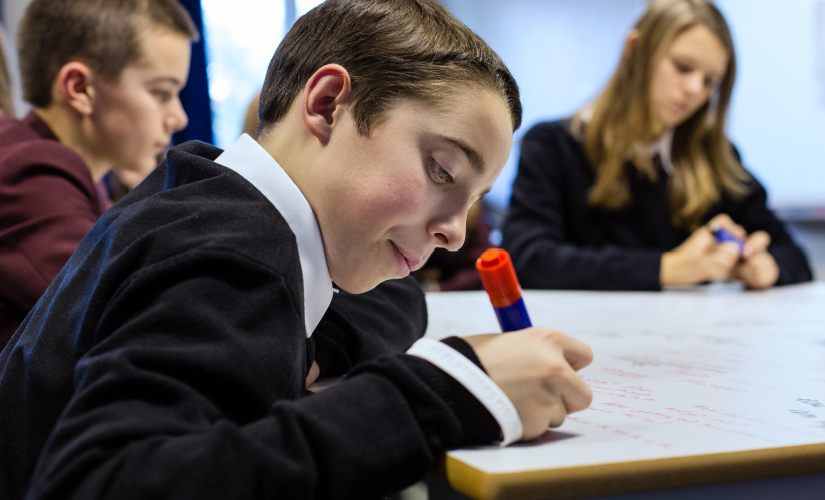Lorem ipsum dolor
Lorem ipsum dolor sit amet, consectetur adipisicing elit. Iusto vitae itaque quia magnam molestiae eligendi, ducimus esse. Veritatis quasi corporis praesentium, quis iure assumenda officiis, magni ipsa, reiciendis quaerat optio.
Early access to your report at the beginning of last year provided much of the evidence base for the recommendations the Holocaust Commission made. The full final report will be a great help to the (UK Holocaust Memorial) Foundation.
Prime Minister, David Cameron, 2014
A uniquely responsive approach

In 2009 we produced the first national empirical portrait of English teachers’ attitudes to teaching about the Holocaust and have just recently published the world’s largest study of young people’s understanding of this complex and emotionally challenging subject. In responding to this research, we are uniquely responsive to teachers’ and pupils’ needs: our teacher development programmes and educational resources address the key issues and have significant impact on teaching and learning.
Lorem ipsum dolor sit amet, consectetur adipisicing elit. Neque recusandae explicabo et earum maxime quia quas, corrupti aliquid excepturi culpa voluptatem ab ratione ipsa eaque, ex consectetur laudantium, dolore mollitia.
Lorem ipsum dolor sit amet, consectetur adipisicing elit. Neque recusandae explicabo et earum maxime quia quas, corrupti aliquid excepturi culpa voluptatem ab ratione ipsa eaque, ex consectetur laudantium, dolore mollitia.

A uniquely responsive approach
In 2009 we produced the first national empirical portrait of English teachers’ attitudes to teaching about the Holocaust and have just recently published the world’s largest study of young people’s understanding of this complex and emotionally challenging subject. In responding to this research, we are uniquely responsive to teachers’ and pupils’ needs: our teacher development programmes and educational resources address the key issues and have significant impact on teaching and learning.

